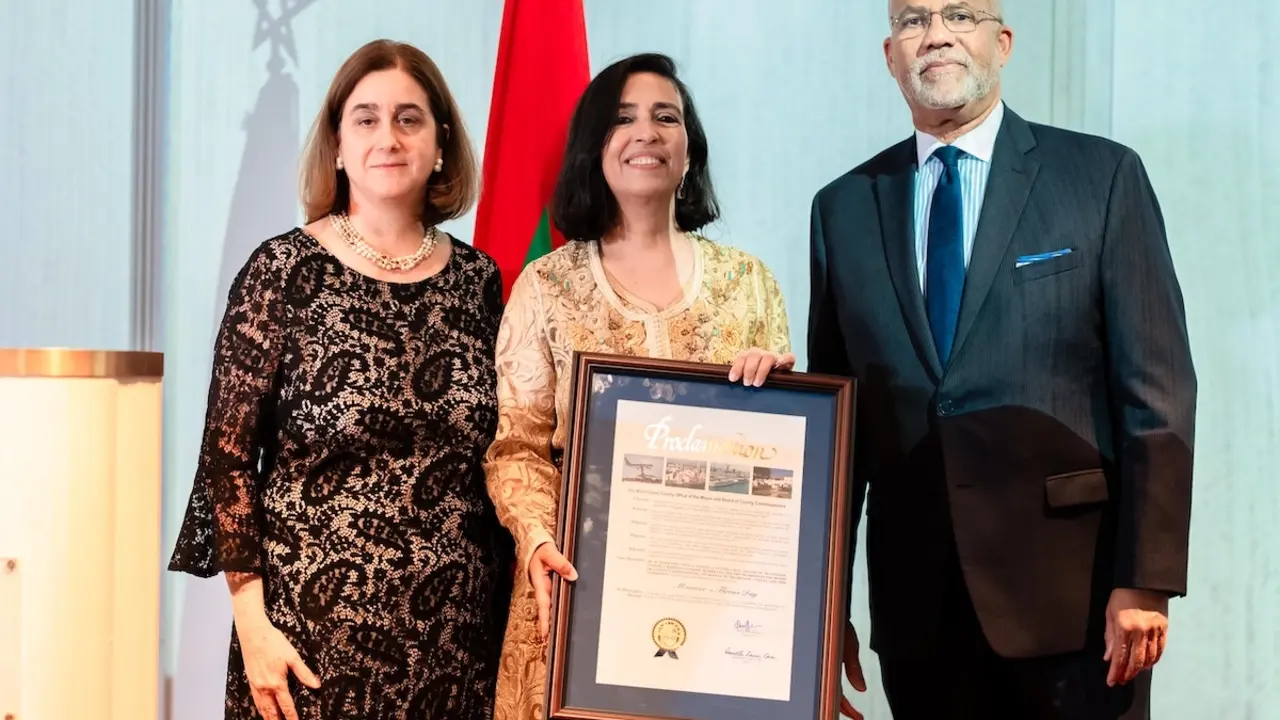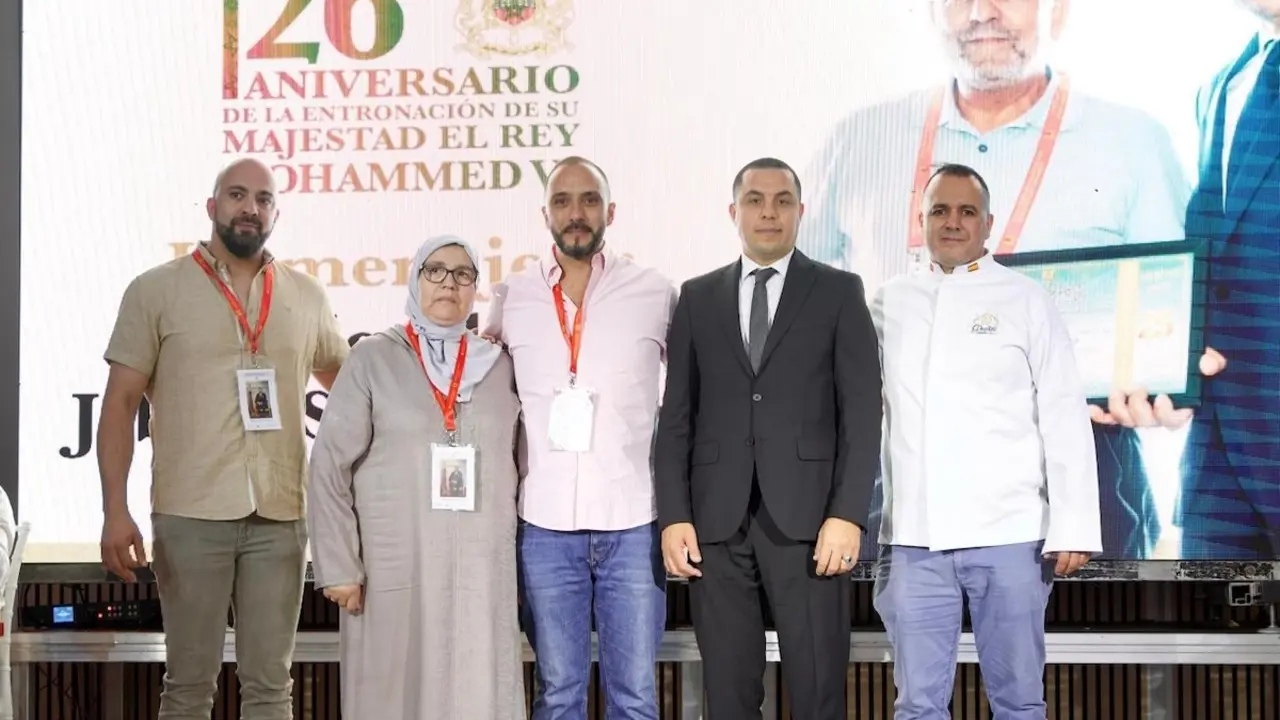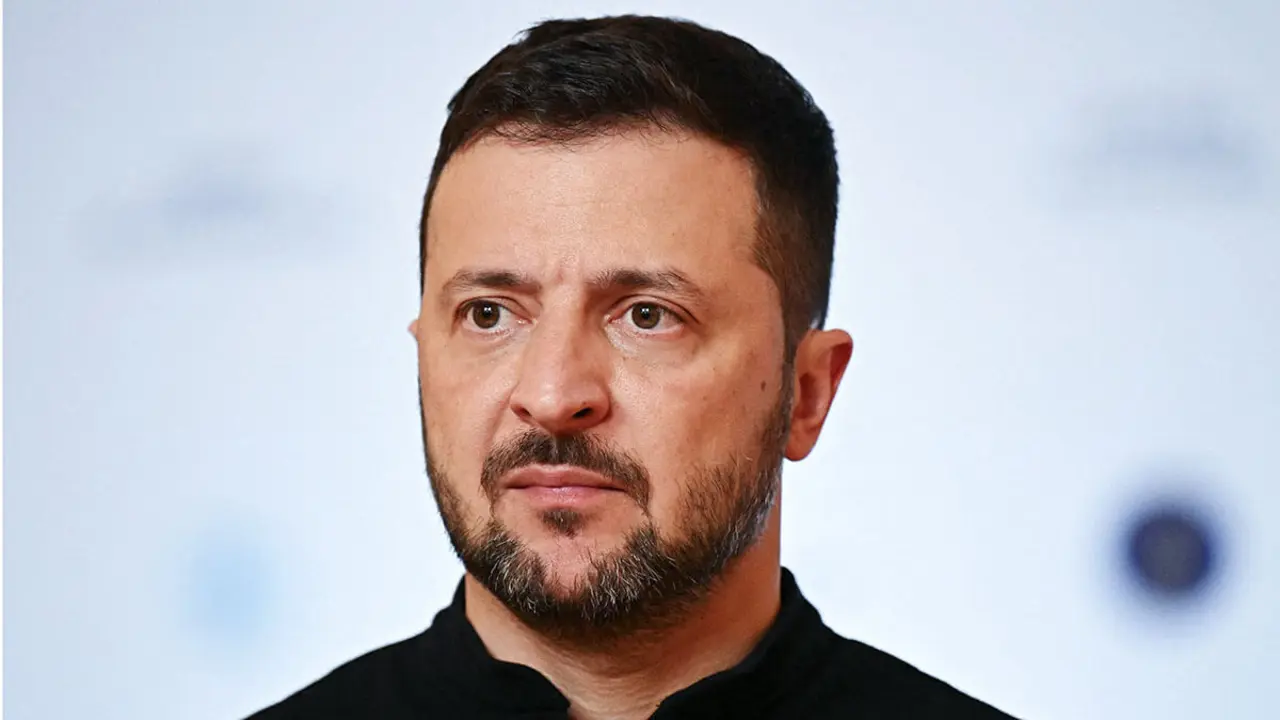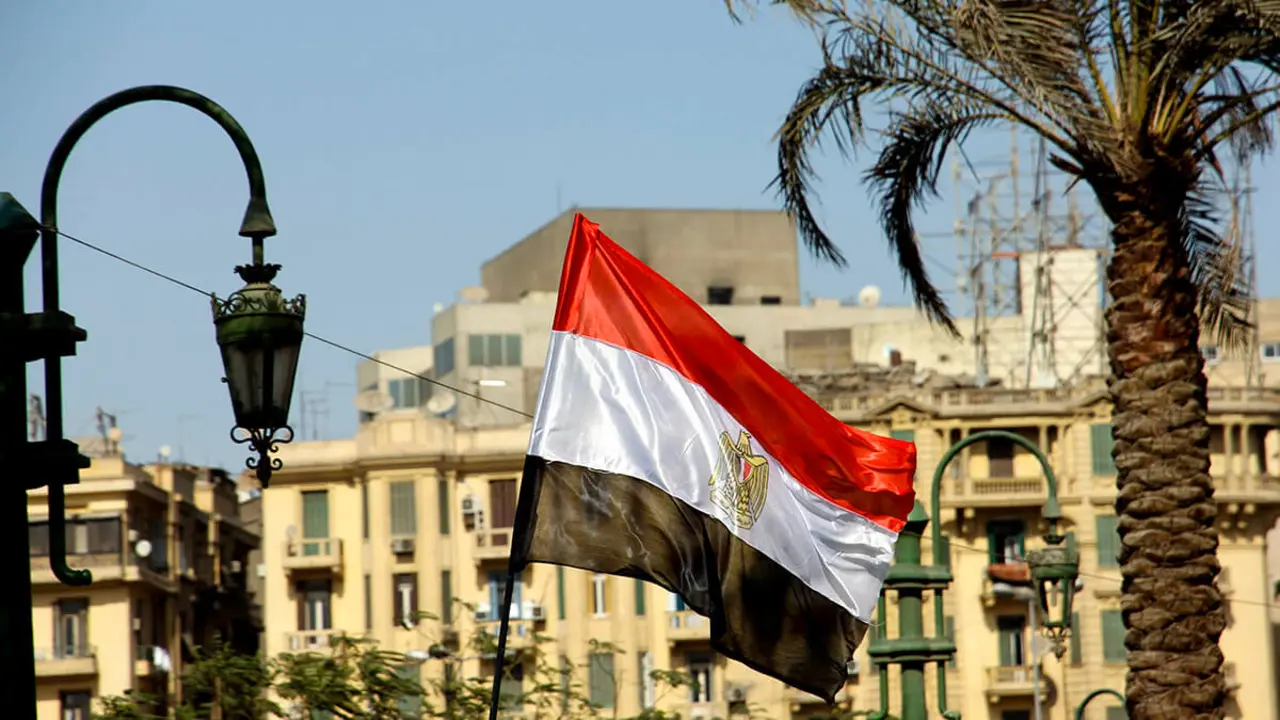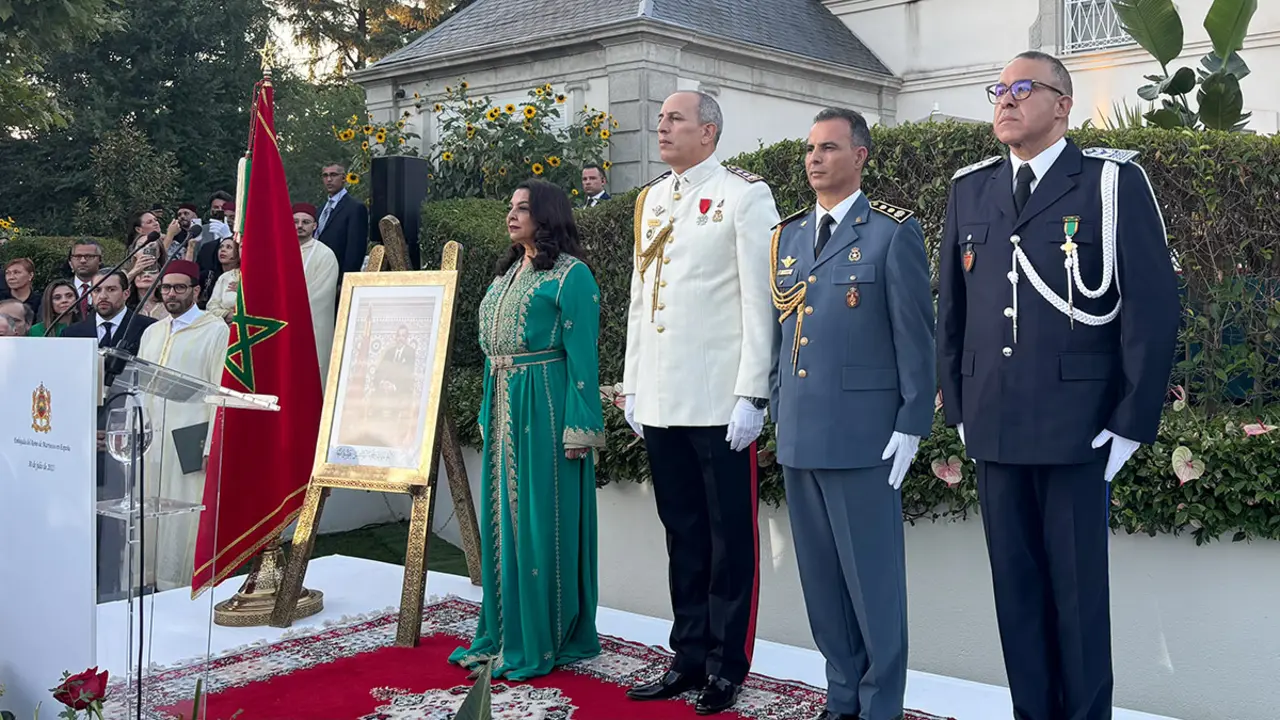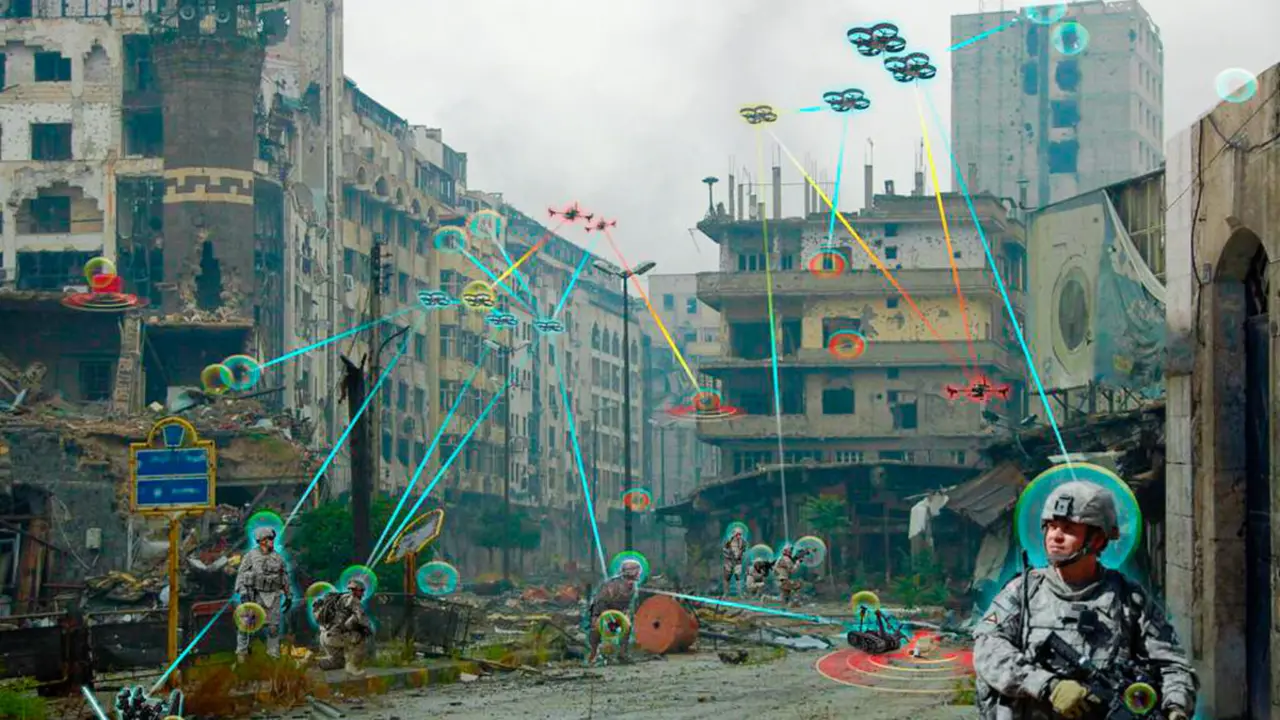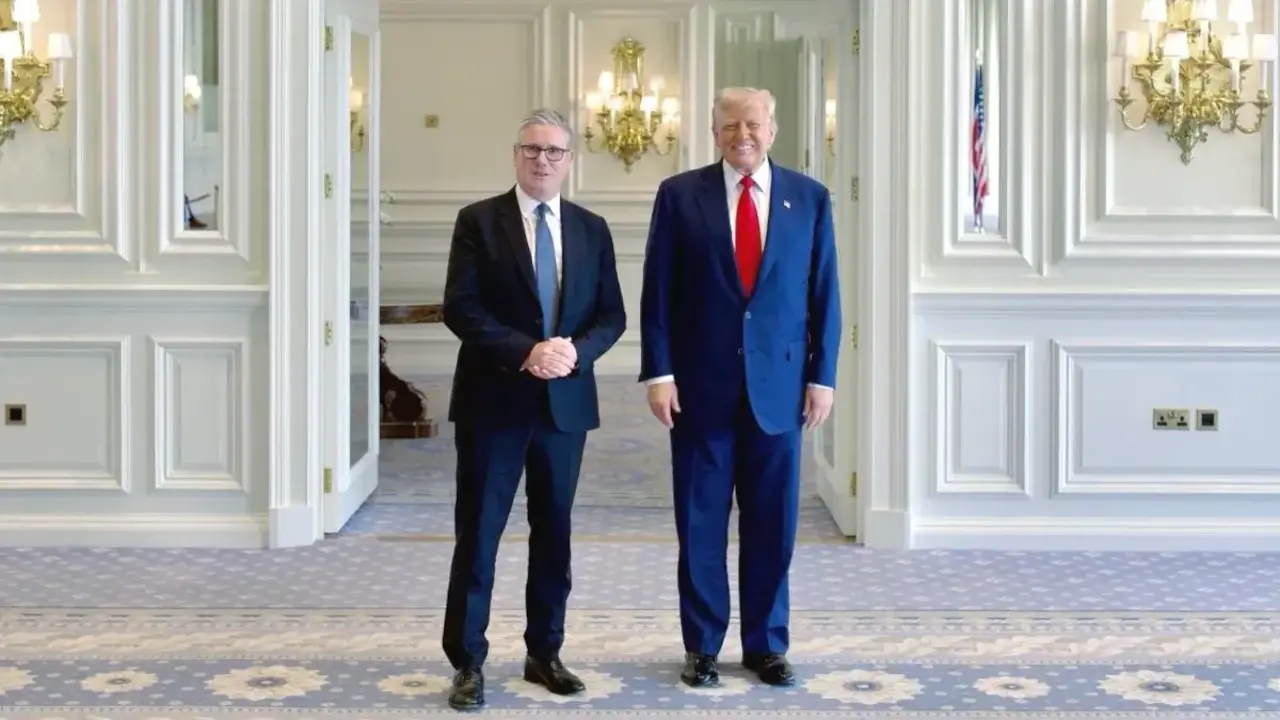Morocco commemorates the 69th anniversary of Mohammed V's return from exile
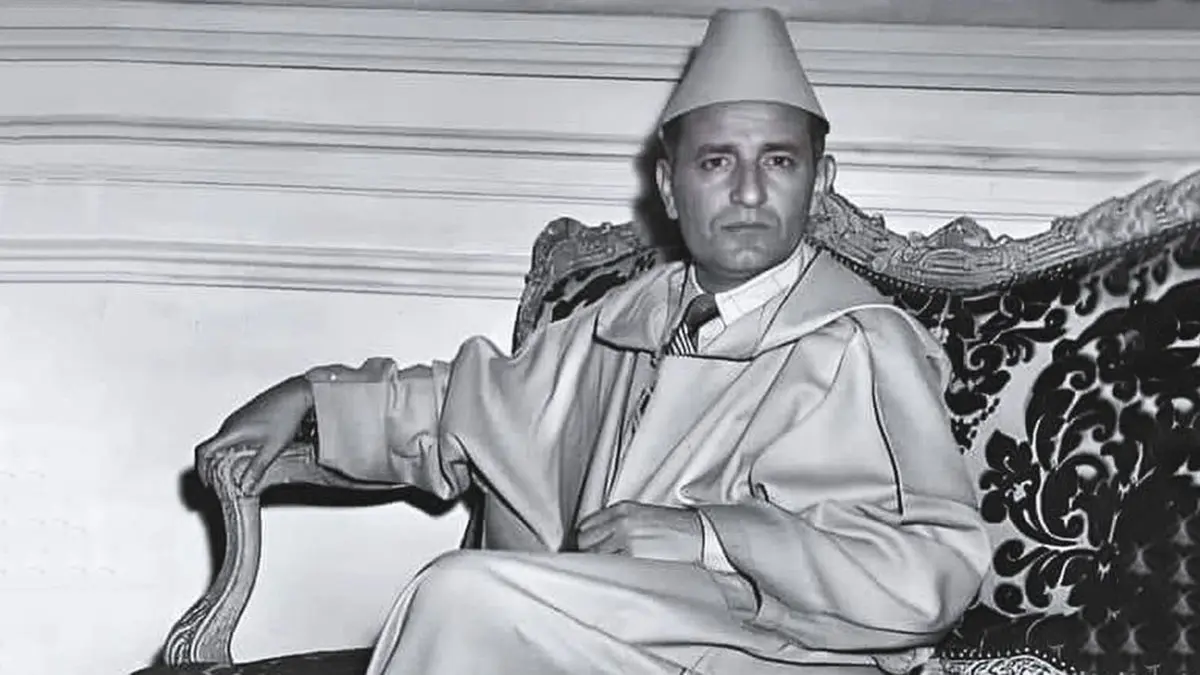
Forced into exile by the French authorities on 20 August 1953, the late King of Morocco, Mohammed V, had to take refuge in Corsica in 1953 and Madagascar in 1954 until he was able to return to the North African country on 16 November 1955, after negotiations with France. Welcomed by thousands of Moroccan citizens, Mohammed V proclaimed Morocco's independence on 2 March 1956, after signing agreements with the French government in Paris.
On this occasion, the Association Maroc Coexistence (AMC) has drawn up an extensive document describing all the actions that Mohammed V took in favour of the role of the Jews in Morocco.
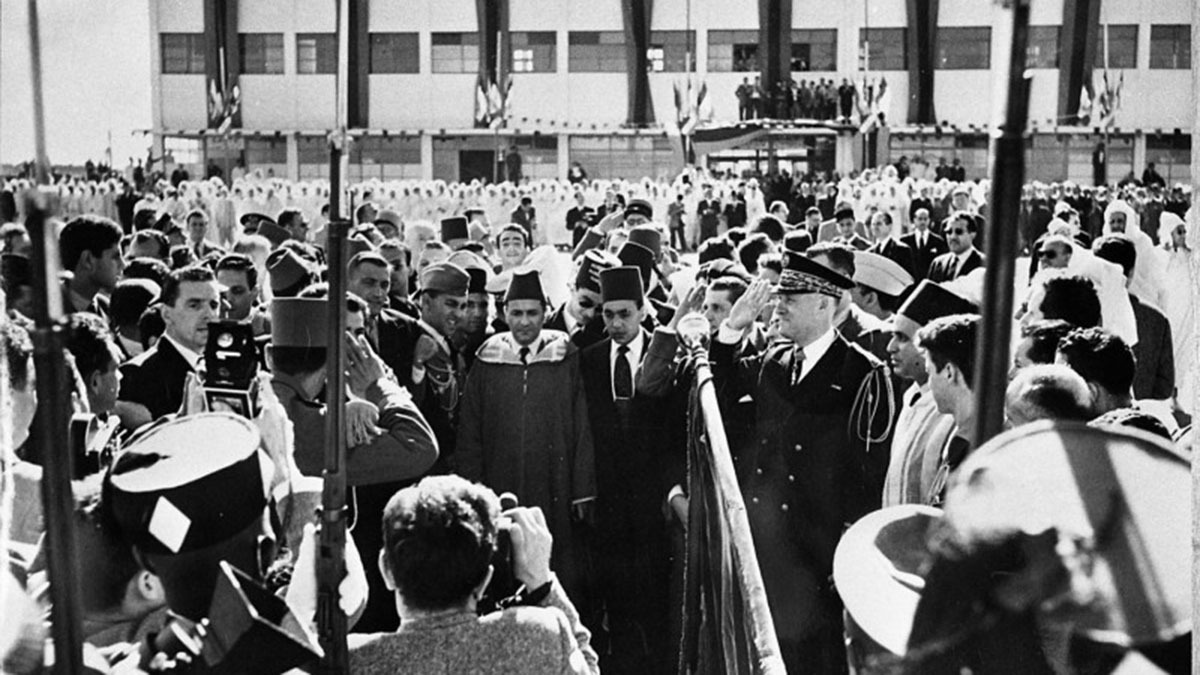
According to the document, ‘at the height of the Second World War, while the Vichy regime was imposing its racial laws on many territories under its control, Morocco was faced with a delicate situation. The country was under French protectorate, and the pressure to implement anti-Semitic decrees aimed at excluding Jews from public life and marginalising them was growing’.
In this context, Mohammed V, in one of his most historic declarations, stated that ‘there are no Jewish citizens, there are no Muslim citizens; there are only Moroccans’. Words that became deeds. ‘When the Vichy authorities demanded discrimination against Moroccan Jews, Mohammed V firmly opposed it and refused to expel them from public institutions or deprive them of their rights,’ the Association Maroc Coexistence report makes clear.

The legacy of Mohammed V
In a review of the late monarch's history, AMC stresses that ‘the legacy of Mohammed V is much more than a chapter in Morocco's history. It is a lesson of life. It is a lesson of life, a reminder that, in the face of adversity, solidarity and courage must guide our actions’.
For the Moroccan citizen, the figure of Mohammed V ‘will always be remembered as that of a leader of the nation, the architect of independence and the protector of all his subjects, whether Jewish or Muslim; and he laid the foundations of a plural Morocco, in which diversity is a strength’.
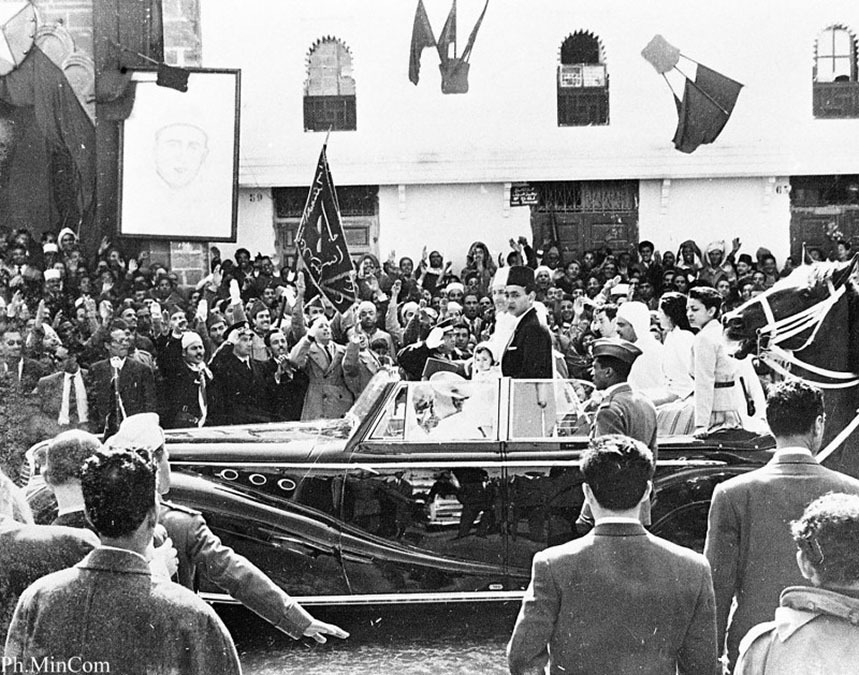
A legacy that continues today. This legacy of respect and solidarity remains a source of inspiration for future generations. A force for diversity and unity. ‘This tradition of protecting Moroccans, without distinction, is manifested today through bold and committed leadership,’ added AMC.
69 years later, Morocco continues to stand as a beacon of harmonious coexistence, recognised worldwide for its interfaith and intercultural dialogue, transcending borders and forging strong bonds between communities.
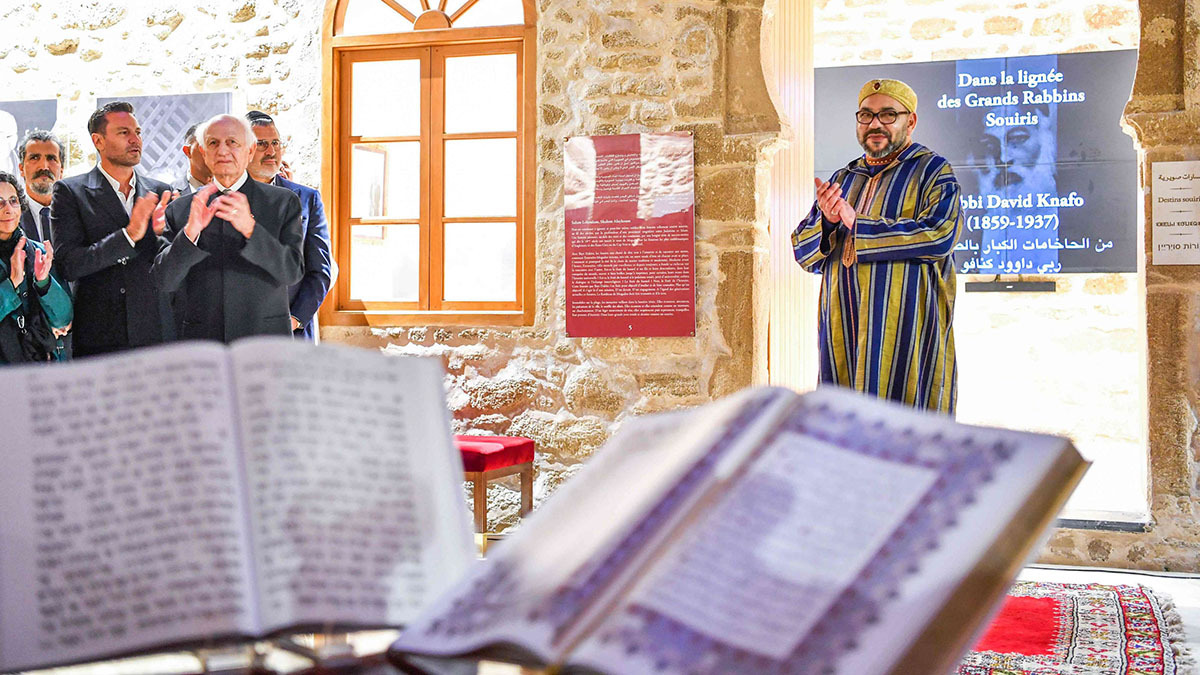
‘Under this lively leadership, civil society emerges as a key actor, advocating values of mutual respect and enrichment. Each citizen, whether Jewish, Muslim, Arab or Amazigh, proudly preserves his or her history and identity, while actively contributing to building a common future. In this dynamic, Morocco resonates as a powerful echo of peace and harmony, embodying the exemplary coexistence that inspires the whole world,’ the communiqué concludes.

